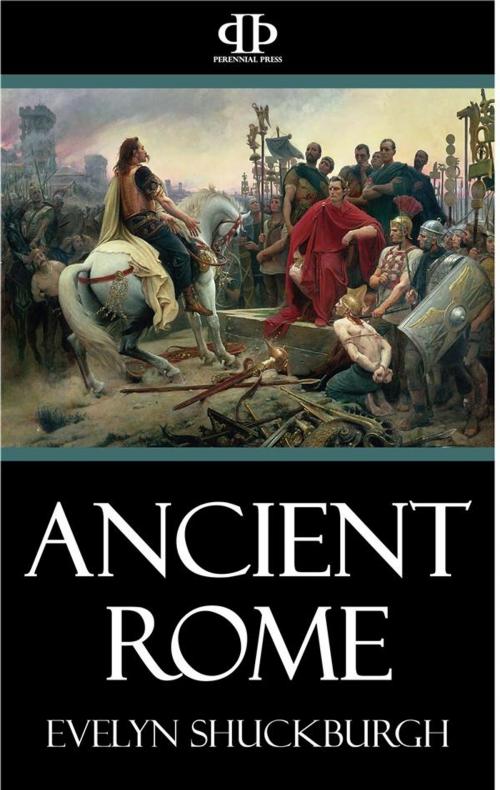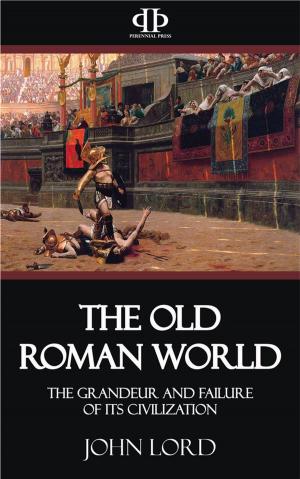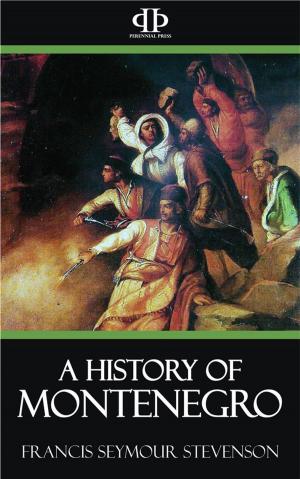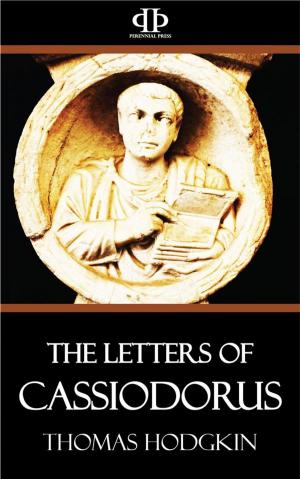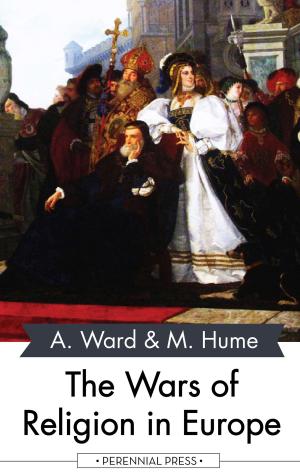| Author: | Evelyn Shuckburgh | ISBN: | 9781518357305 |
| Publisher: | Perennial Press | Publication: | January 1, 2016 |
| Imprint: | Language: | English |
| Author: | Evelyn Shuckburgh |
| ISBN: | 9781518357305 |
| Publisher: | Perennial Press |
| Publication: | January 1, 2016 |
| Imprint: | |
| Language: | English |
To write the history of a great people during a course of more than seven hundred years in about as many pages is a task of which the difficulty, best appreciated by those who have attempted it, may not unfairly plead for leniency of construction. No one can be more conscious than the author of such a book that there are many things that had better have been otherwise than they are; that expansion would have been advisable here and compression there; that much is to be said against some views that he has adopted as true, and much in favour of others that he has passed by or rejected. Such a writer can only plead that he has used his judgment honestly, and studied his authorities with such diligence and intelligence as he possessed; and that neither space nor the purpose of his book admitted of frequent or lengthy discussions on disputed points.
As it was my object to present in as vivid a manner as possible the wonderful story of the gradual extension of the power of a single city over so large a part of the known world, I have dwelt perhaps sometimes at too great length on the state of the countries conquered and the details of their conquest. But Vergil saw that the keynote of Roman history was parcere subjectis et debellare superbos, and it is impossible, I think, that a history of Rome and her mission in the world can be other than a warlike one. The Republic won what the Empire organised; and as each province was added some new principle of management was evolved which has had to be noticed at the time. I have, however, treated in separate chapters the internal development of the State up to the time of the Gracchi. The constitutional changes after that time are so closely entangled with foreign affairs that it is hardly possible to treat them so entirely by themselves. Yet I have attempted to set them forth clearly in the course of my narrative, along with some indication of the development of literature and the change of social habits. By the mechanical means of printing at the head of the chapters the names and dates of Italian colonies, provinces, and numbers of the census, I have tried to draw attention to the gradual expansion of the people and their Empire.
To write the history of a great people during a course of more than seven hundred years in about as many pages is a task of which the difficulty, best appreciated by those who have attempted it, may not unfairly plead for leniency of construction. No one can be more conscious than the author of such a book that there are many things that had better have been otherwise than they are; that expansion would have been advisable here and compression there; that much is to be said against some views that he has adopted as true, and much in favour of others that he has passed by or rejected. Such a writer can only plead that he has used his judgment honestly, and studied his authorities with such diligence and intelligence as he possessed; and that neither space nor the purpose of his book admitted of frequent or lengthy discussions on disputed points.
As it was my object to present in as vivid a manner as possible the wonderful story of the gradual extension of the power of a single city over so large a part of the known world, I have dwelt perhaps sometimes at too great length on the state of the countries conquered and the details of their conquest. But Vergil saw that the keynote of Roman history was parcere subjectis et debellare superbos, and it is impossible, I think, that a history of Rome and her mission in the world can be other than a warlike one. The Republic won what the Empire organised; and as each province was added some new principle of management was evolved which has had to be noticed at the time. I have, however, treated in separate chapters the internal development of the State up to the time of the Gracchi. The constitutional changes after that time are so closely entangled with foreign affairs that it is hardly possible to treat them so entirely by themselves. Yet I have attempted to set them forth clearly in the course of my narrative, along with some indication of the development of literature and the change of social habits. By the mechanical means of printing at the head of the chapters the names and dates of Italian colonies, provinces, and numbers of the census, I have tried to draw attention to the gradual expansion of the people and their Empire.
